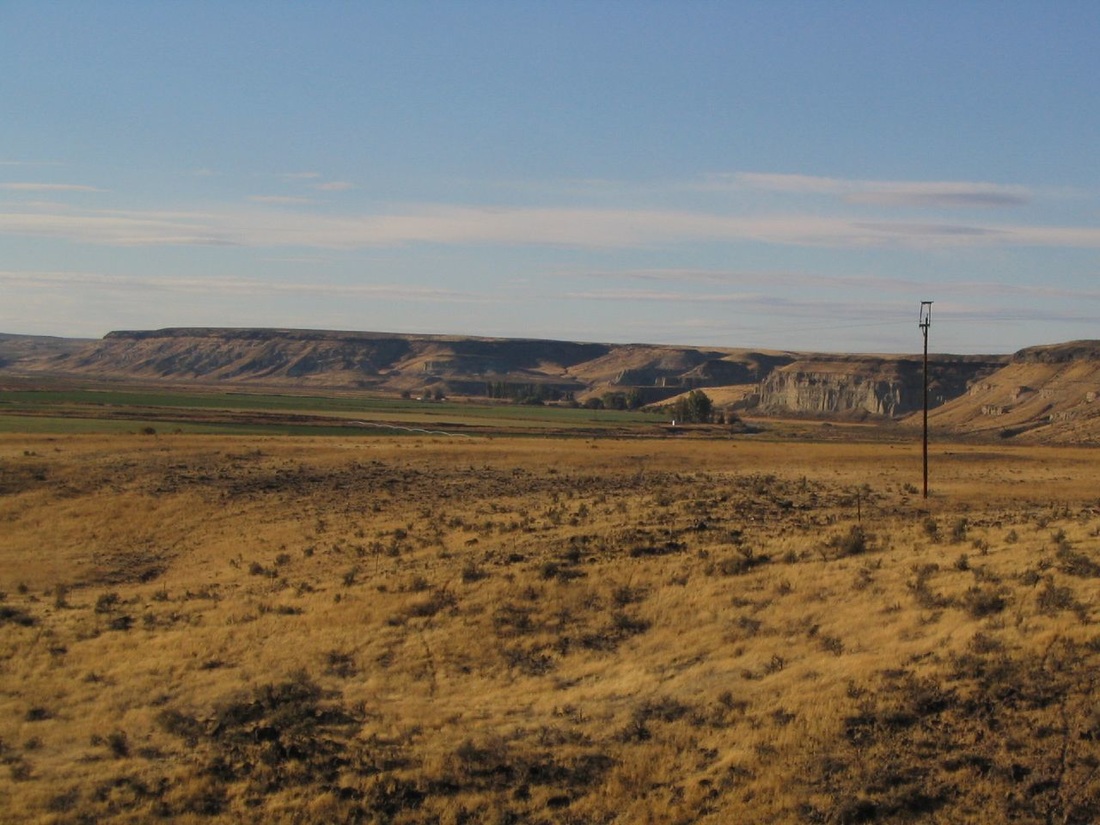| Back in 1980, former Utah Gov. Scott Matheson told U.S. News and World Report, “The sagebrush rebellion is an extremely complex, controversial and emotional bundle of issues.” You think? Thirty-six years hasn’t moved the needle much toward simplicity. But if there is one truism about conflict, it is that complexities unbundle the moment a gun appears and people take over federal buildings — even remote ones in a bleak, snow-covered section of Oregon where, it may be safe to assume, few people had planned to visit in January. |
| | Suddenly, it doesn’t mater whether the government is trying to force ranchers to sell or whether a wildlife refuge set aside by Theodore Roosevelt in 1908 is expanding too much. Unfortunately, it also no longer matters whether Washington is managing its vast land holdings in the West properly. I’m not the first to draw connections between the sagebrush rebellion of 40 years ago and what is happening in Oregon. But that connection means nothing now. The armed takeover of the Malheur National Wildlife Refuge in Oregon is a criminal act. All other arguments have ceased. Federal officials seem confused as to how to respond, which may be because this rebellious temper tantrum has an air of the ridiculous to it. Do the self-proclaimed patriots really expect Washington to give in? Do they anticipate a happy ending? You can’t grab some rifles and force a solution to a complex issue. Which brings me back to the late Gov. Matheson. The complexities he spoke of have not gone away. The federal government still owns 67 percent of Utah, 85 percent of Nevada, 62 percent of Idaho and 53 percent of Oregon. That may be hard for Easterners to fully understand. But the folks in Oregon aren’t the only ones acting foolishly. We may not have used the term “sagebrush rebellion” since the days when Datsuns roamed the earth, but anyone who thinks that rebellion ended with the Reagan administration hasn’t paid attention to the Utah Legislature lately. Lawmakers recently urged the state attorney general to file a lawsuit seeking to turn over federal lands in Utah to the state, despite being told the suit would cost taxpayers about $14 million. This came after the federal government failed to meet a deadline the 2012 state Legislature imposed for turning the land over peacefully. There is a remote chance the suit would succeed, but then what? Lawmakers are conveniently ignoring the results of a study they commissioned, which showed that if the price of oil averaged as little as $62 per barrel, managing all that land would result in huge losses for Utah taxpayers. You may have noticed that today’s price is hovering around $35 per barrel. Complex problems aren’t so easily solved. That doesn’t mean there aren’t solutions. Last summer, Congress passed a bill that preserves 275,000 acres of mountain terrain in Idaho. That was the result of a compromise among ranchers, conservationists, recreationists and politicians. At the moment, Utah Rep. Rob Bishop is working on what he calls a “grand compromise” among similar interests, including Native Americans and the energy industry, to solve land-use issues in Eastern Utah. Those compromises are painstaking efforts that settle matters for relatively small tracts of land, but they beat pointless ultimatums and armed takeovers, just as they beat presidents declaring national monuments. For now, we forget all that while we watch Oregon and wait to see who makes the next move. A popular slogan of the ‘60s asked, “Suppose they gave a war and nobody came?” So far, we are left to wonder what happens when you declare war on Washington by taking over a federal facility and nobody comes. Nobody. Not armed sympathizers. Not federal agents in helicopters with firepower and noise machines; just a bundle of reporters. It’s as if Washington has more important things to do, or more pressing national security matters. A cynic might say the silence is symbolic of the way Washington has ignored Western concerns over lands issues for years. But what kind of response do you expect when the best you can do is to offer ill-considered threats and demands? |


 RSS Feed
RSS Feed

